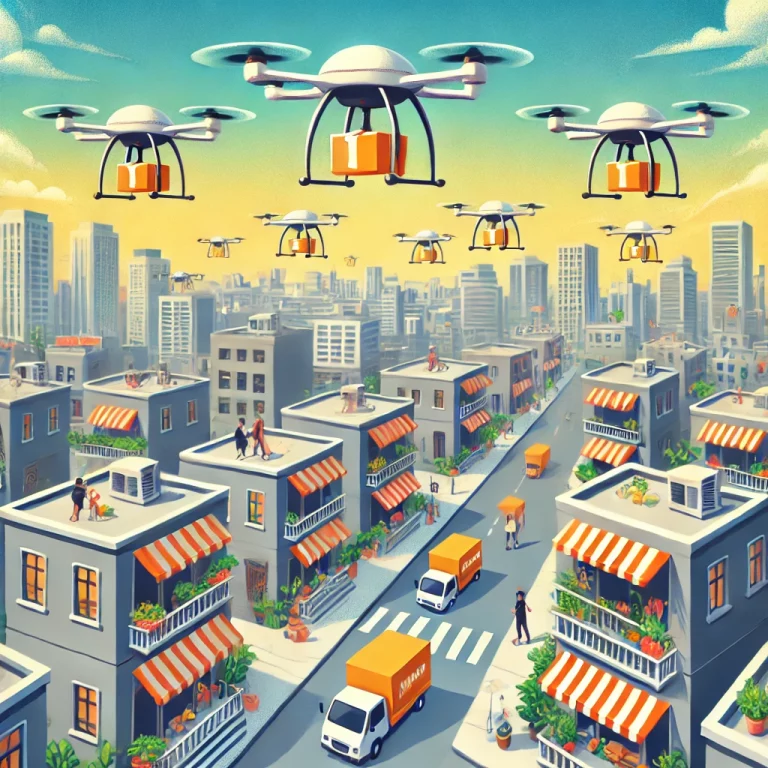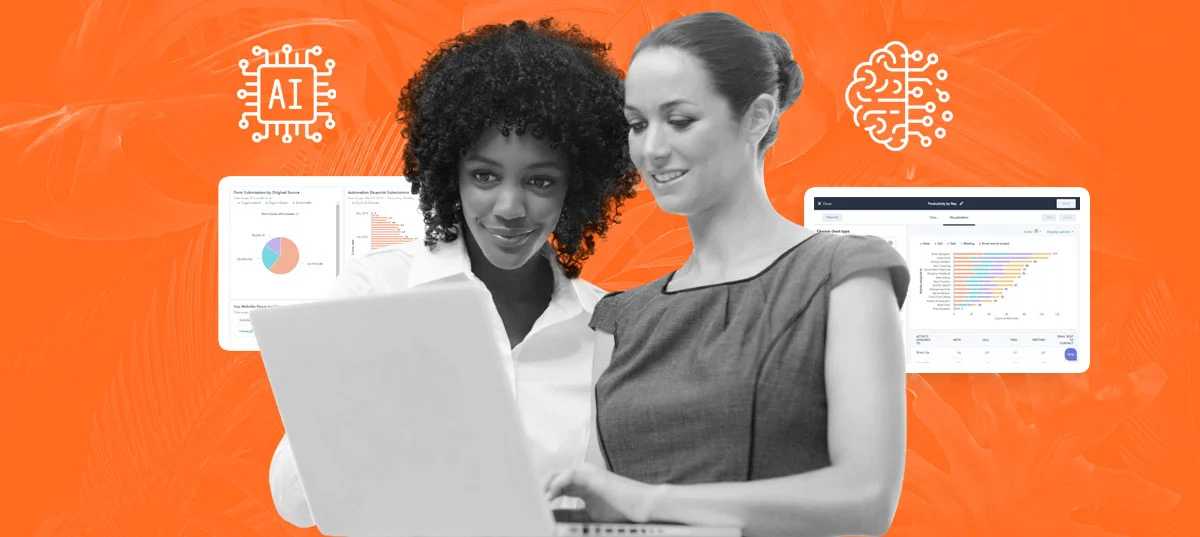
A artificial intelligence Artificial Intelligence (AI) is rapidly transforming daily life and work, shaping the way we communicate, consume information, and perform tasks. From virtual assistants like Siri and Alexa to recommendation systems on streaming platforms, AI is present in many aspects of our daily lives. This advanced technology not only simplifies routine activities but also redefines the limits of productivity in the workplace.
With its ability to process large volumes of data and identify complex patterns, AI has driven innovations in areas such as healthcare, transportation, and education. At the same time, this technological revolution raises important questions about ethics, privacy, and the impact on the job market. The growing use of automation and machine learning is creating new opportunities, but also significant challenges for professionals in various sectors.
In this article, we'll explore the impacts of artificial intelligence on everyday life and the workplace, highlighting its benefits, limitations, and future trends. We'll cover how AI has changed the way we interact with technology, the sectors most impacted by its applications, and how to adapt to this ever-evolving transformation.

Artificial intelligence is already part of many people's daily lives, albeit in a subtle way. Streaming services like Netflix and Spotify use AI algorithms to recommend movies and music based on users' consumption habits. Similarly, e-commerce platforms use similar systems to suggest products.
Furthermore, AI improves the experience on smart home devices like thermostats and connected light bulbs, which learn residents' usage patterns. On smartphones, virtual assistants like Google Assistant help with everyday tasks like scheduling appointments or answering questions. These advances make life more practical and efficient, saving time and effort.
Another important example is the use of AI in transportation. Navigation apps like Google Maps and Waze use algorithms to calculate optimized routes in real time, taking into account factors like traffic and construction. These systems are already part of the daily lives of millions of users, demonstrating how AI can seamlessly integrate into modern life.
Artificial intelligence's influence on the workplace has been profound, generating changes in processes and skill demands. Repetitive and predictable tasks, such as data entry or inventory control, are increasingly automated, freeing professionals to focus on strategic and creative activities.
In the industrial sector, AI-powered robots optimize production lines, reducing errors and increasing efficiency. However, this automation also raises concerns about job displacement. Professions requiring specific technical skills are more protected, while operational roles face a greater risk of extinction.
On the other hand, AI has created new job opportunities. Fields such as data science, algorithm development, and big data analysis are booming, requiring qualified professionals to create and manage AI-based systems. Adapting to new market demands is crucial to ensuring competitiveness in the future of work.
For those who want to adapt to the changes brought about by artificial intelligence in the job market, following a few steps can be extremely helpful. Here's a practical guide:
This planning not only helps mitigate the risks of automation but also positions professionals to take advantage of the opportunities brought by this technological revolution.
While AI offers numerous benefits, it also presents significant challenges. Ethical issues, such as bias in algorithms and a lack of transparency in decision-making processes, are growing concerns. A lack of diversity in training data can lead to discriminatory results, negatively affecting specific groups.
Furthermore, privacy is a sensitive issue. AI-based devices and applications often collect large volumes of personal data, raising questions about how this information is stored and used. Stricter regulations, such as Brazil's General Data Protection Law (LGPD), aim to mitigate these issues, but implementation still faces challenges.
Finally, overreliance on AI-based technologies can result in the loss of important human skills. Balancing the use of automation with the development of interpersonal and creative skills will be essential to maximize the benefits of AI without compromising individuality.

The future of artificial intelligence promises even more impactful advances. Technologies like generative AI, which creates original content, are already being used to produce texts, images, and videos. ChatGPT, for example, is a practical application of this trend, assisting with tasks ranging from customer service to creating marketing strategies.
Another trend is the integration of AI with other emerging technologies, such as the Internet of Things (IoT) and blockchain, to create even more efficient and secure systems. In healthcare, AI is being used to predict diseases and personalize treatments, revolutionizing the medical industry.
To adapt to these transformations, it's crucial to stay up-to-date on technological trends and develop a flexible mindset. The ability to learn quickly and reinvent oneself will be key to thriving in a world increasingly shaped by artificial intelligence.
A artificial intelligence It is redefining everyday life and work, offering significant benefits such as efficiency and personalization, but also posing challenges such as ethical issues and impact on employment. Its use is expanding in areas such as transportation, healthcare, and entertainment, demonstrating its potential to transform society.
To make the most of this technological revolution, it's essential to be prepared to continually learn and adapt to new realities. With planning and a proactive approach, AI can be a powerful ally, not only in facilitating everyday tasks but also in opening up new professional possibilities.